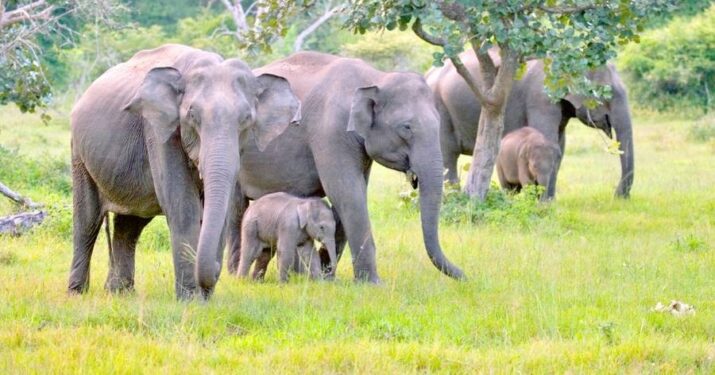March 20, 2023

Paws Up!
To New York City Council Member Shahana Hanif for taking action to create a better life for elephants in captivity at the Bronx Zoo with the introduction of Int. 0963.

The Beauty of Elephants
Elephants are majestic and powerful creatures capable of displaying an array of emotions. According to an article published by PBS, they exhibit the beauty of happiness through vocal sounds and touches; they comfort other elephants through caresses; and they express grief when witnessing another fellow elephant’s death or encountering another elephant’s bones.
Witnessing these displays of emotions by elephants, it is heartbreaking to see solitary elephants existing for human entertainment and confined in cages. Many elephants in captivity depict abnormal or stereotypic behaviors resulting from their inability to carry out instinctual behaviors. Rhythmic swaying is indicative that an elephant is stressed.

In the wild, elephants travel miles looking for food and water. In captivity, elephants are confined to much smaller spaces and develop foot problems from standing on hard surfaces all day. Elephants are social creatures and live together in herds—some herds can even be as large as one hundred elephants!
Rescuing Elephants from Human Exploitation
Efforts by individuals, legislators, and animal welfare organizations to prevent these beautiful creatures from experiencing suffering at the hands of humans in captivity have aided in the retirement of many elephants used in circuses. Due to increased pressure from the public, Feld Entertainment’s Ringling Bros. Barnum & Bailey Circus retired their elephants in 2016.
Happy’s Life at the Bronx Zoo
With the increased awareness that wild animals experience suffering while in captivity, it is difficult to understand how entities such as the Bronx Zoo in New York City feel they are meeting their two elephants’ emotional, social, and physical needs. These elephants live in 1 ½ acre enclosures with no social interaction with other elephants since the death of their elephant companions. The duo named Happy and Patty are not allowed to interact with each other due to Happy’s aggression. Sadly, Happy’s negative behavior is no fault of her own.
Happy was taken from the wild when she was just a baby with her siblings in the 1970s. She endured years of performing tricks in circuses. In the wild, calves are raised by their mothers and other female elephants in the herd, who help nurture, protect, and correct the calves’ behaviors. This unnatural upbringing for Happy could be the reason for her aggressive behavior.

In 2022, Happy made the news as the animal welfare group, Nonhuman Rights Project, fought for her to become the first elephant to be granted personhood, but her case was denied. New York City Council Member Shahana Hanif (D-District 39) is taking up the fight for Happy and Patty by introducing Int. 0963-2023 (Introduced at 43:13 of the video during the New York City Council meeting on 3/16/23.) to create humane space requirements for elephants in captivity.
According to the new bill, Happy and Patty need 15 acres of land and access to other elephants. If these requirements cannot be met, the elephants must be transferred to an animal sanctuary with sufficient space.
Take Action: New York City residents, do you agree that Happy and Patty should be allowed to live in a more humane space to give them the freedom to exhibit natural behaviors?
Suppose the Bronx Zoo cannot provide extra space or social interactions. Do you agree that elephants should be allowed to be transferred to an elephant sanctuary with more area? If you do, please get in touch with your council member and ask for their support of Int. 0963-2023.
